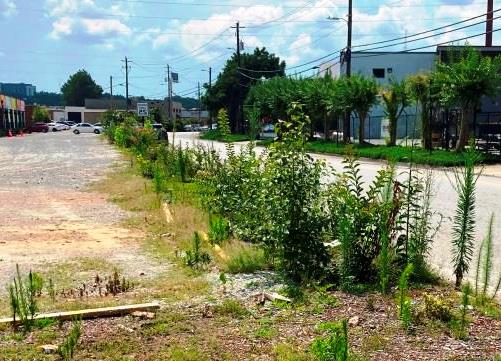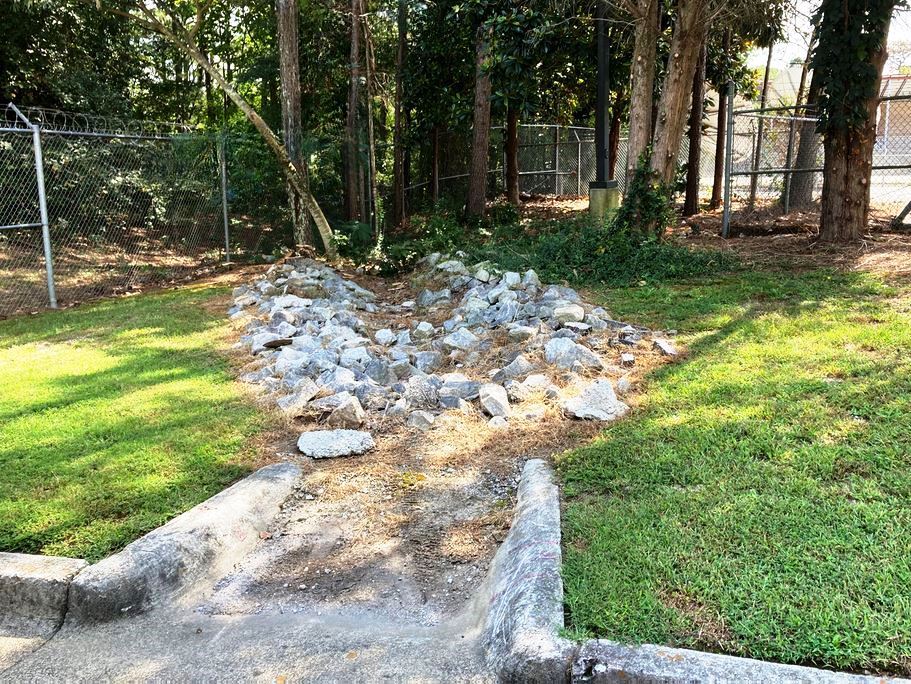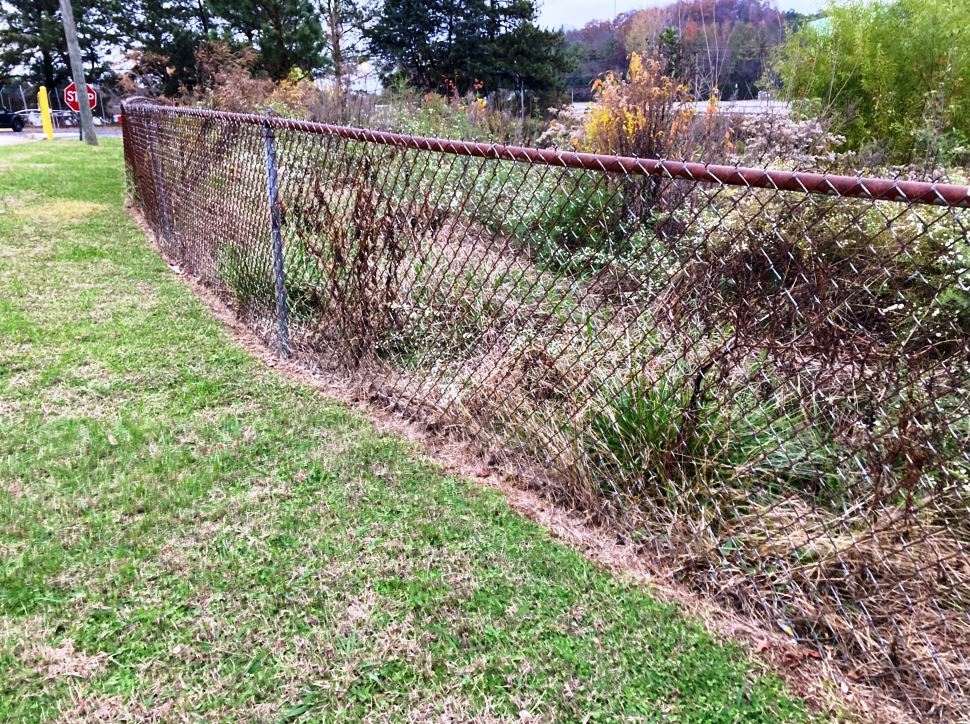(678) 370-8686
Vegetation Seed Cross-Contamination Prevention for Commercial Sites and Industrial Properties
How VegClear Partners With Commercial Property Managers
Unraveling the Cross-Contamination Web: A Journey of Unwelcomed Seeds to Your Industrial and Commercial Property
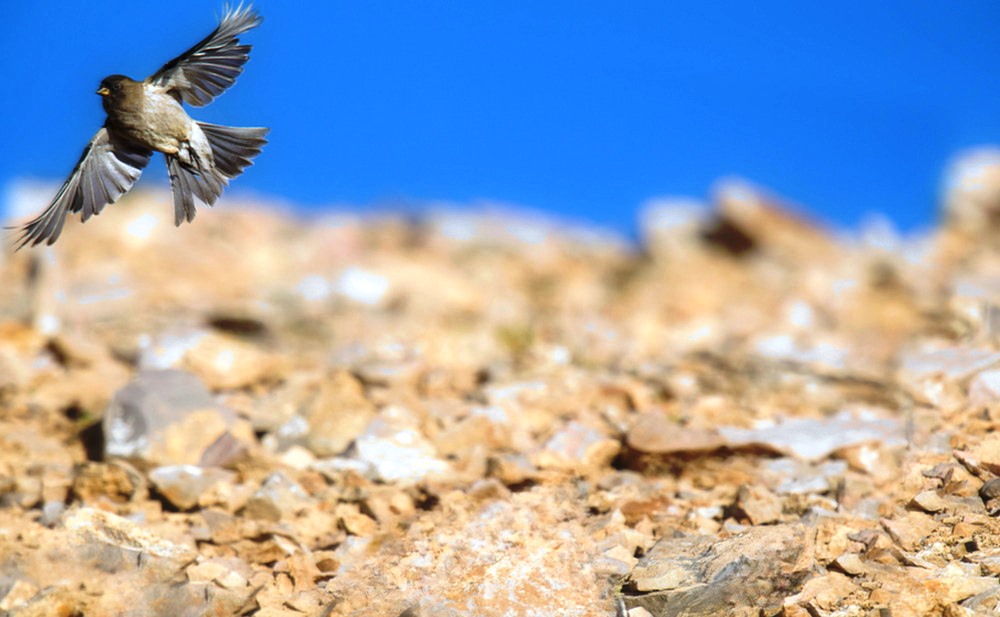
Explore the intricate ways weed seeds travel, weaving a web of cross-contamination in industrial and commercial areas. Even in the unexpected, bird droppings can act as carriers of weed seeds, as evidenced by a University of Missouri study. Ducks and geese, known for their extensive travels, can transport viable seeds over impressive distances, potentially reaching up to 1,800 miles. Most of these far traveled seeds perish due to inopportune climates and seasonal weather patterns. However, in many cases the opposite occurs and the new cross-contaminated 'drop site' is more suitable than the plant's natural habitat, thus introducing invasive vegetation that becomes too aggressive for its new environment.
Get Started:
Livestock contributes to seed dissemination, with manure, often used as a field fertilizer, harboring weed seeds causing cross-contamination. Our approach involves fostering open dialogue with neighboring agricultural users, stressing careful consideration of feed rations, and implementing techniques like quarantine, ensiling, and composting to curb unwanted vegetation growth of invasive vegetation.
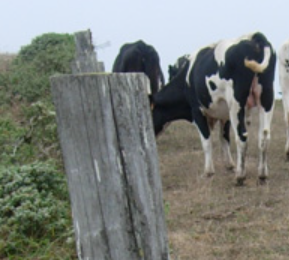
Inadvertently Spread Invasives Along Property Perimeter
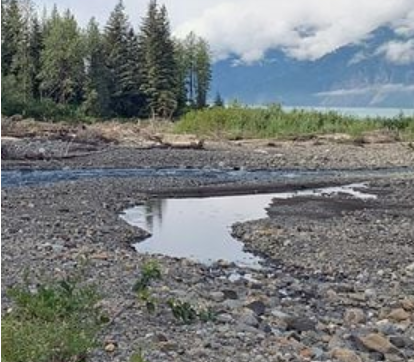
Floaters: Seed Heads in Drainage Ditches
Water-borne journeys, facilitated by floating seeds with papery or net-like wings like those of milkweed, dandelion, and curly dock, highlight the importance of safeguarding against runoff, be it from rainfall or irrigation. Preventing weed seeds from hitching a ride is paramount in our cross-contamination prevention strategy.
VegClear specializes in precise cross-contamination prevention for industrial and commercial vegetation control. We offer initial and ongoing assessments, tailor innovative solutions to thwart the spread of unwanted vegetative growth, including weeds, and ensure that your bare ground industrial sites and landscaped commercial properties remain resilient against the challenges of cross-contamination.
Cross-Boundary Challenges in Industrial Vegetation Management
The challenge of industrial vegetation management extends beyond property lines, emphasizing the need for cross-boundary solutions. VegClear is aligned with this philosophy, providing cross-boundary checkpoints as part of a holistic approach to effective weed control.
A global cross-contamination study on industrial vegetation management underscores the significance of shared goals, transparent efforts, and pooled resources. Plant biosecurity, seed contamination, herbicide susceptibility, and biological control are key elements addressed in our cross-contamination prevention strategy.
-
VegClear's Approach to Intrusive Vegetation Germination
VegClear's dynamic approach integrates precision herbicide-based vegetation management with landscape-scale design principles when possible, to discourage cross-contamination.
-
Precision and Partnership in Commercial Vegetation Control
By articulating shared goals, fostering relationships with property managers, collaborating openly with other on-site contractors, ensuring transparency, and generating pooled resources, we pursue effective and sustainable cross-contamination prevention solutions for commercial weed control.
